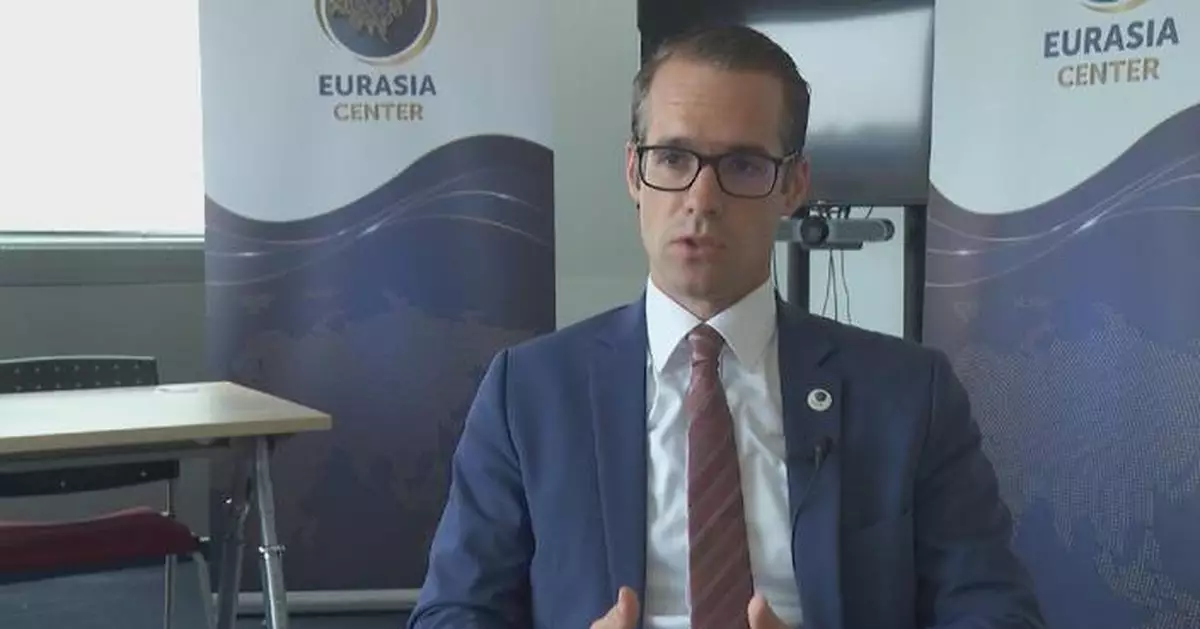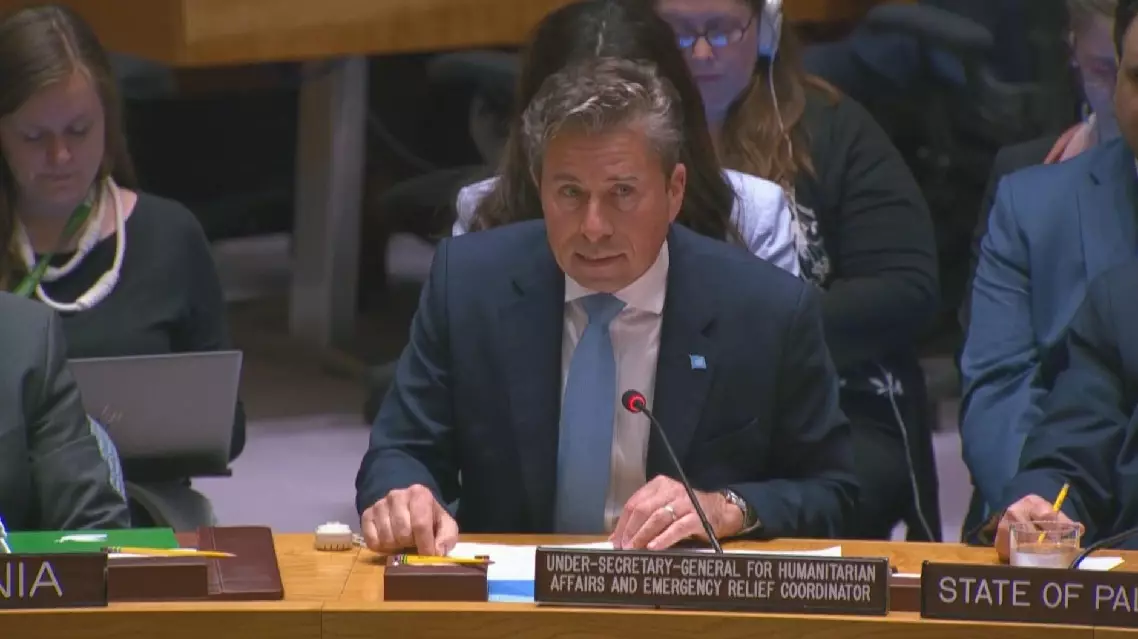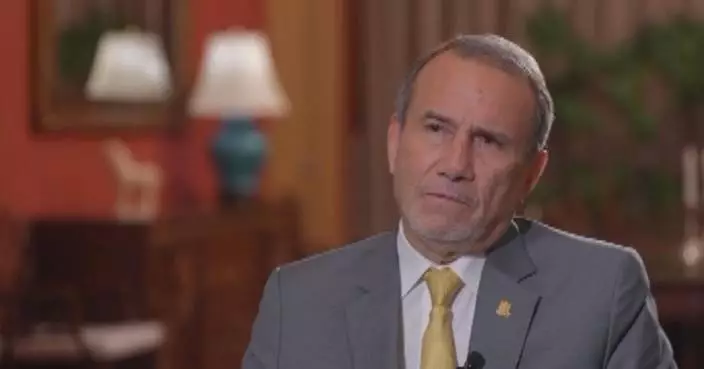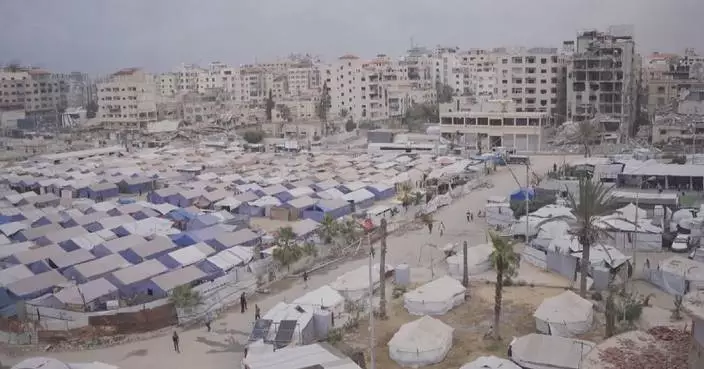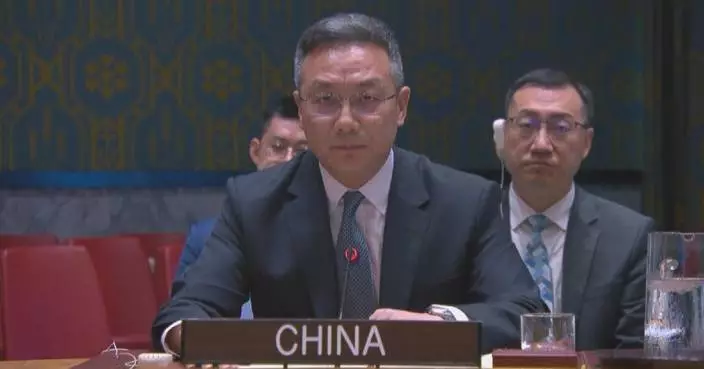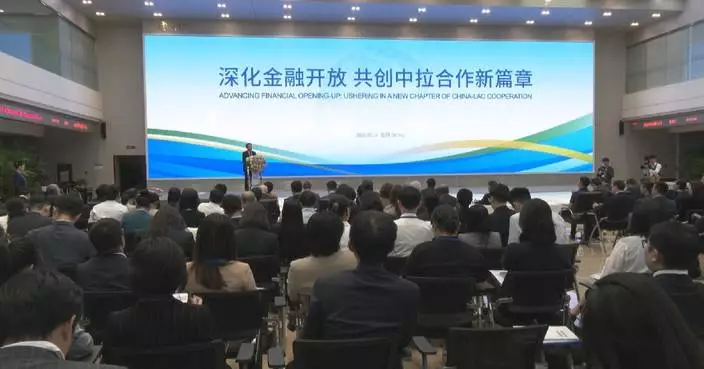China's New Energy Vehicle (NEV) sector is prospering in Hungary as the construction of two major Chinese EV plants in the European Union member state is moving ahead without delay.
The construction of a 7.3-billion-dollar battery plant by Chinese company CATL is well underway in the country's Debrecen. This facility will be a critical part of Europe's electric vehicle supply chain.
In Szeged, another Hungarian city, Chinese electric car giant BYD plans to start production by 2025 at its 300-acre (121.4-hectare) factory currently under construction.
Experts say these two projects are a key part of Hungary's growing electric vehicle industry.
"In 2023, we saw the Chinese FDI (foreign direct investment) in the EU, especially in the EV cars [grow], 44 percent of it came to Hungary. So it's a huge number, but we cannot forget that in the past ten years, 50 percent - so the half - of the Chinese FDI in the EV cars went to France, Germany and the UK," said Levente Horváth, founding director of the Eurasia Center of John von Neumann University and Former Consul General of Hungary in Shanghai.
As the EU considers imposing tariffs on Chinese electric vehicles permanent, Hungary is pushing back, citing concerns about an economic fallout.
Horváth says the EU is divided over imposing tariffs on Chinese electric vehicles.
Hungary, Slovakia, Germany, Spain, and Sweden however plan to oppose these tariffs in an upcoming October vote, citing concerns about potential economic damage to their automotive sectors.
Negotiations between the European Union and China are ongoing, with both sides exploring alternatives. If these talks fail, the EU could impose tariffs of up to 35 percent for the next five years, risking a trade war with one of its biggest economic partners.
Some experts say that Hungary has positioned itself competitively in the industry, even in the face of potential EU tariffs on Chinese EVs.
"From the point of view of the Hungarian government, the good news is that even if the European Union props up some of its anti-subsidy measures against the Chinese car producers, the cars produced in Hungary will be probably exempted from such measures because they are made in the European Union," said Tamas Matura, founder of the Central and Eastern Center for Asian Studies at Corvinus University.
The EU remains focused on protecting its automobile industry, which employs around 14 million people. In recent talks, the bloc and Chinese officials said they had a constructive dialogue but reached no agreement.
At the same time, China is investigating EU brandy and pork checking if these products are being sold at unfairly low prices that could hurt local producers.
Experts suggest the EU still has time to reconsider and potentially avert a trade conflict with China.
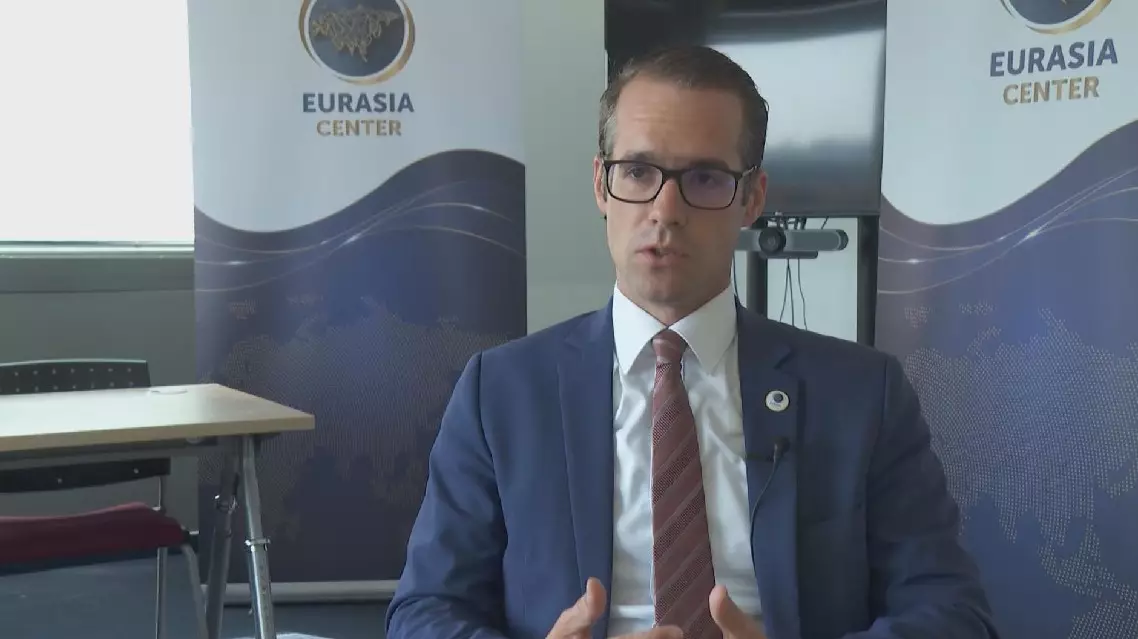
China's EV investment sprouts in Hungary amid EU tariff debate
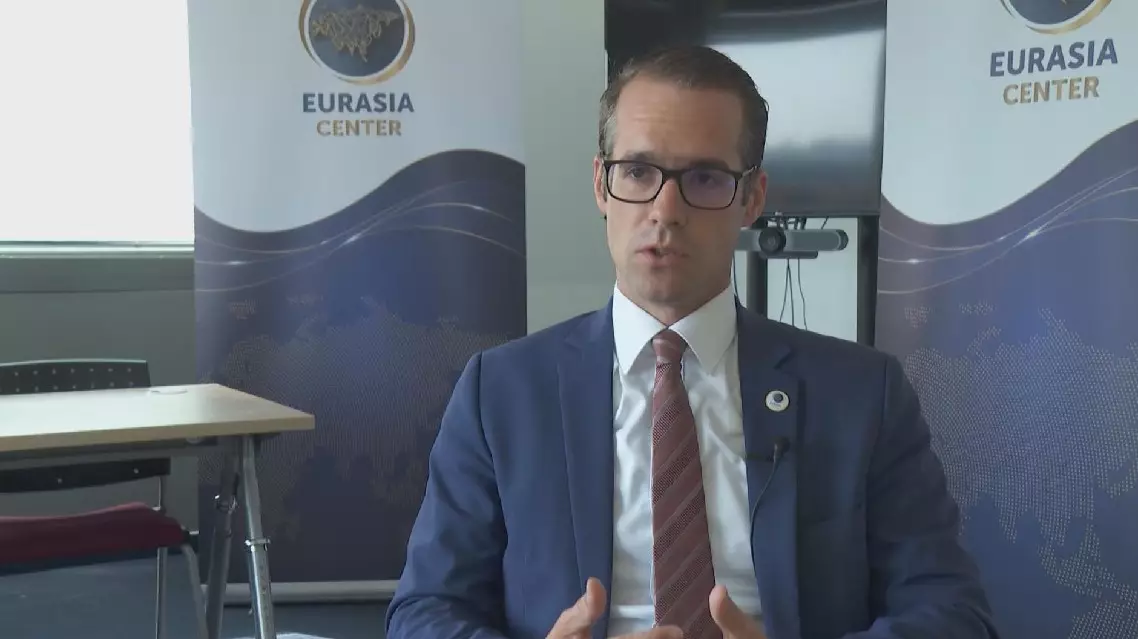
China's EV investment sprouts in Hungary amid EU tariff debate


